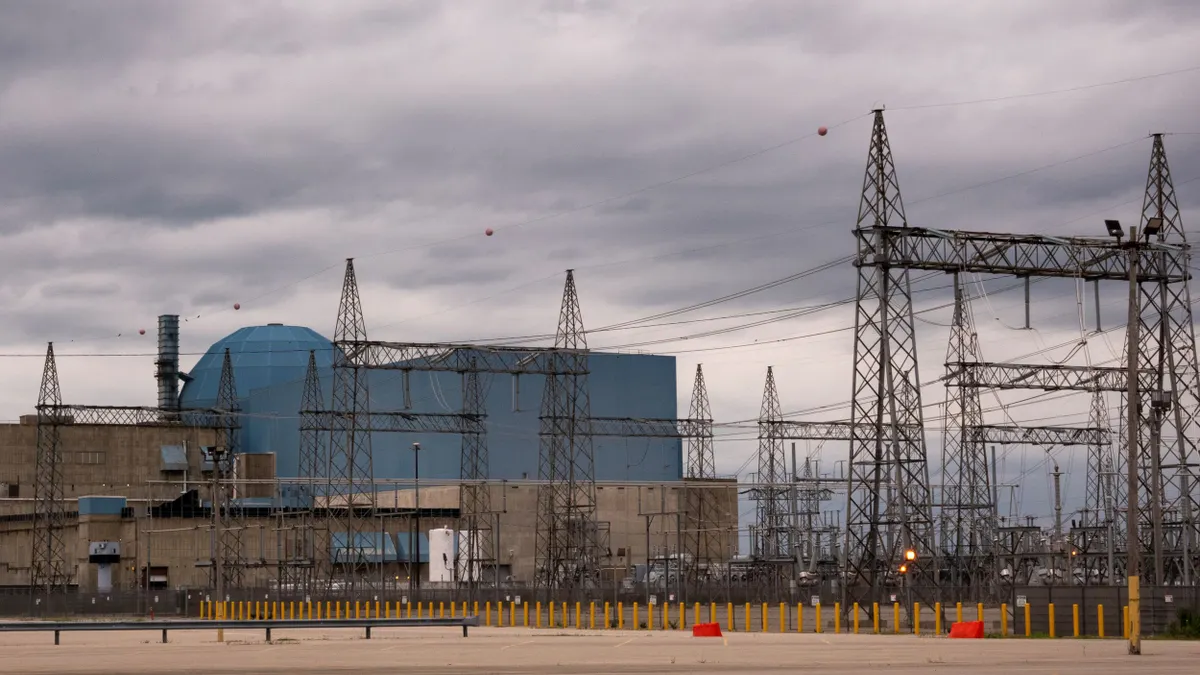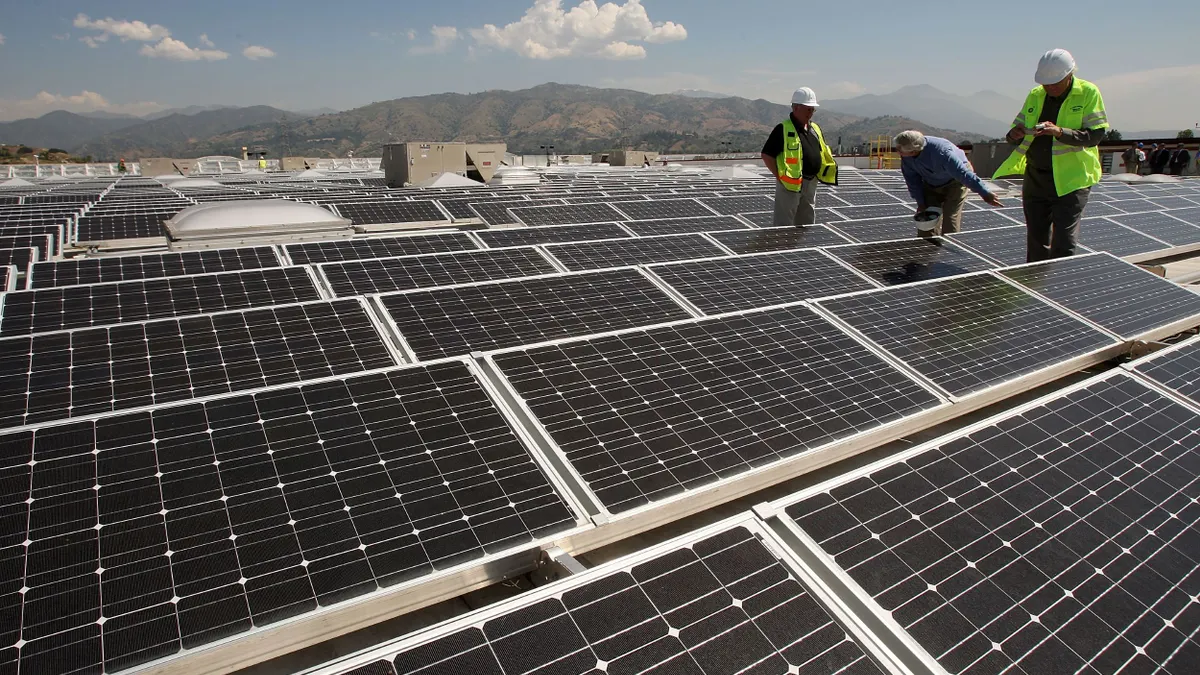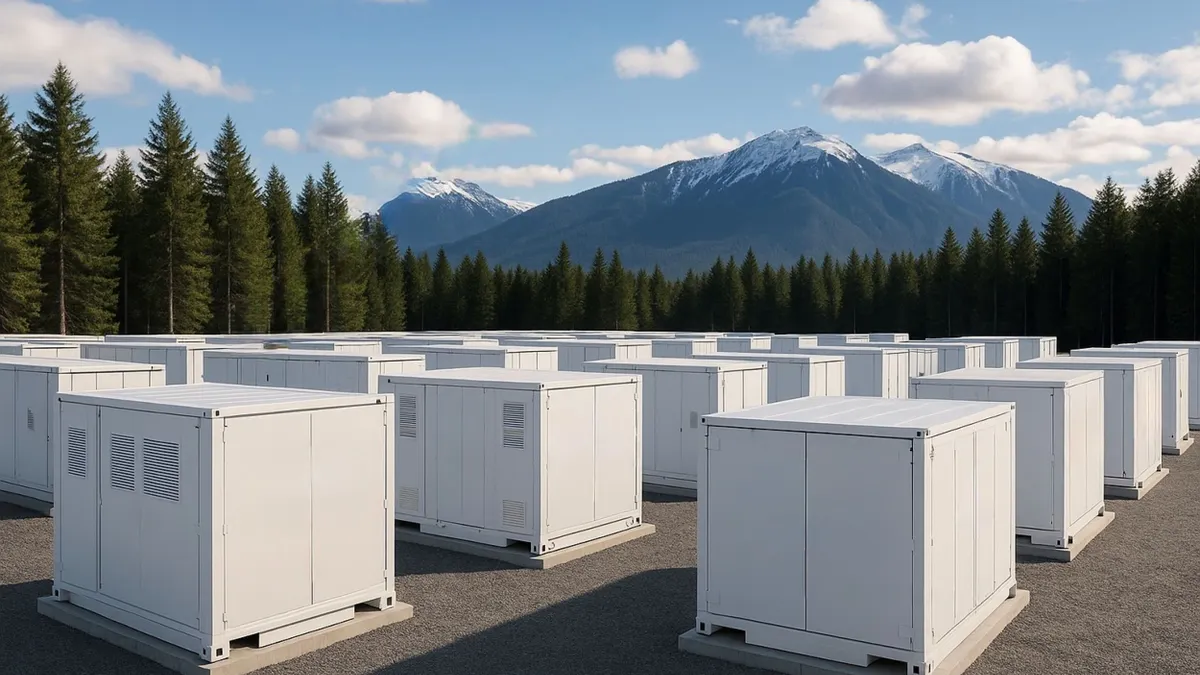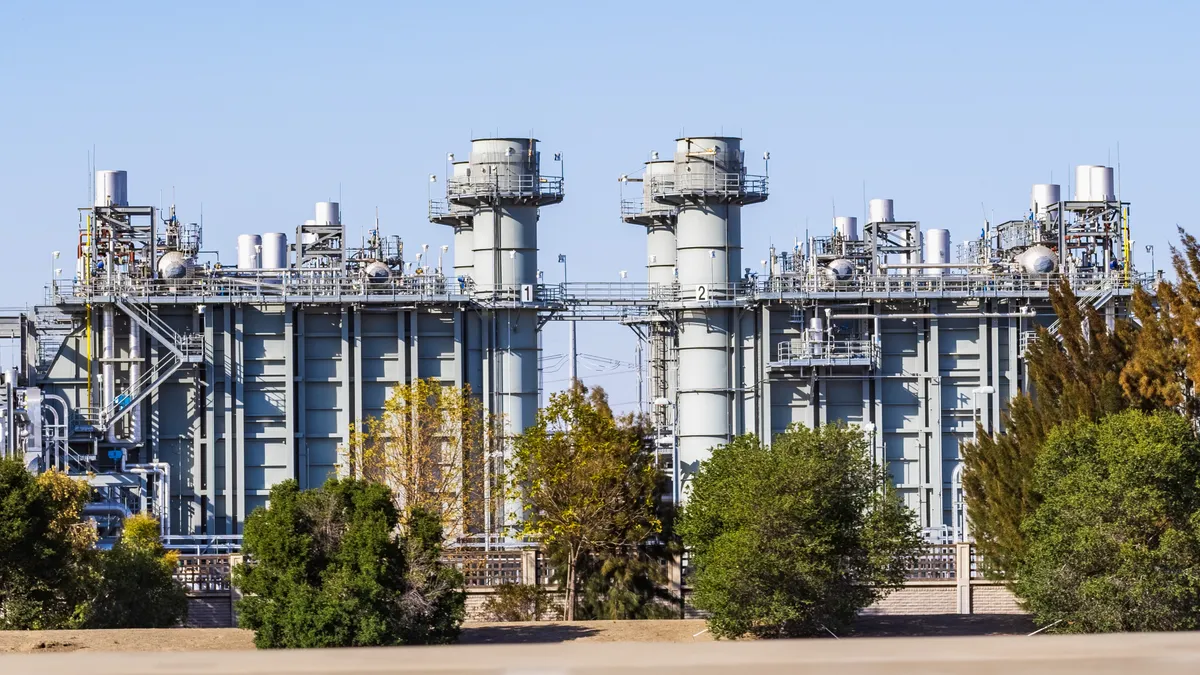This is the latest installment in Utility Dive’s “Taking Charge” series, where we engage with power sector leaders on the energy transition.
Exelon’s new president and CEO expects the largest U.S. electric and gas utility company will help advance the energy transition in 2023 enabled by billions in new federal clean energy funding.
The Chicago-based company plans to make about $29 billion in capital investments over four years starting in 2022, and one of the top issues facing CEO Calvin Butler Jr. is making sure the electricity and gas it sells is affordable, he said Wednesday in an interview.
In part, the planned spending matches another top priority of Butler’s: maintaining grid reliability and resilience in the face of increasingly extreme weather and growing physical and cybersecurity threats.
Based on the laws where Exelon’s utilities operate such as Illinois, Maryland and Washington, D.C., the company could have developed a $50 billion capital expenditure plan, but “I can’t outrun my customers,” Butler said.
Easing costs in the transition
Exelon aims to keep customer costs in mind during the shift toward a zero-emissions economy that will require major investments in distribution facilities and other infrastructure, according to Butler.
It will cost $38 billion to $52 billion for Exelon’s Baltimore Gas & Electric to reach Maryland’s net zero goal by 2045, according to a study released in October by Energy+Environmental Economics, known as E3.
“Let's manage that transition so the costs aren't so significant right away,” Butler said. “What we will always consider as we go through this process is how our customers … can afford it. We're going to be doing it in partnership with our regulators and our legislators.”
Some consumer advocates and others contend utilities could improve electric and gas affordability by reducing the return on equity they earn, but Butler said it is important to take a measured approach.
“You never want to be on the low end as a jurisdiction on ROEs and you don't want to be on the high end,” he said.
Utilities, if allowed an adequate return, can help promote economic growth by attracting industry to their service territories and running workforce development programs, according to Butler.
Combined, Exelon aims for its utilities to have 9% to 10% ROE. They had a 9.2% ROE in 2021, up from 8.7% the year before, according to a November investor presentation.
Pathways to keeping electricity and gas affordable include energy efficiency and multi-year rate cases that can lead to predictable, less volatile rates, compared to annual rate cases, Butler said.
A focus on customers, partnerships
Less than a year ago, Exelon split its power plant operations into a separate company, Constellation Energy, leaving Excelon with its transmission and distribution utilities in five states. As a result, Exelon is now agnostic about where it gets its electricity, according to Butler.
“What I want to do is to maintain the integrity, the reliability, resiliency of the grid, ensure it's going to be affordable for my customers and help them all get to that [energy] transition … in an equitable manner,” Butler said.
Historically, many of the jurisdictions Exelon’s utilities serve – Atlantic City, New Jersey; Baltimore; Chicago; Philadelphia; Washington, D.C.; and Wilmington, Delaware – have been “under-resourced,” according to Butler.
“So if I'm truly representing my customers, I have to be that voice for them in the halls of the legislature at the state, local and federal level,” Butler said.
Butler expects Exelon’s relationships with the cities, counties and states where it operates will grow through the bipartisan infrastructure law and Inflation Reduction Act, which provide billions in funding for clean energy initiatives such as elective vehicle infrastructure.
The company’s utilities are working with the jurisdictions as they write grants for federal funding, according to Butler.
“It must be done in partnership and we'd much rather you as a customer take the lead and let your utility be the conduit to getting it done,” he said.
Exelon expects it can cut its greenhouse gas emissions by 80% by around 2040 using current technology, but the remainder will require technology not commercially available, Butler said.
Gas operations remain key part of operations
Exelon’s natural gas operations will remain a key part of its business, according to Butler. Gas will be needed to make the energy transition viable for all customers, he said.
Exelon is testing running renewable natural gas and hydrogen through its pipeline system, Butler said. The company expects to finish replacing all cast iron and steel gas pipes at its three gas utilities by the end of this decade. The upgrades will cut methane leaks and are a key part of Exelon’s overall emissions reduction strategy, he said.
How does Butler define a successful 2023 for Exelon?
Success would mean Exelon managed the transition to a new CEO and CFO, and the split from Constellation “without missing a beat,” operated in the top quartile of the industry from a customer reliability and safety standpoint, invested roughly $7 billion and transitioned Illinois from a formula rate to a multi-year plan, according to Butler.
Exelon has more than 10 million customers in Delaware, the District of Columbia, Illinois, Maryland, New Jersey and Pennsylvania through its transmission and distribution utilities: Atlantic City Electric, BGE, Commonwealth Edison, Delmarva Power & Light, PECO Energy and Potomac Electric Power.























